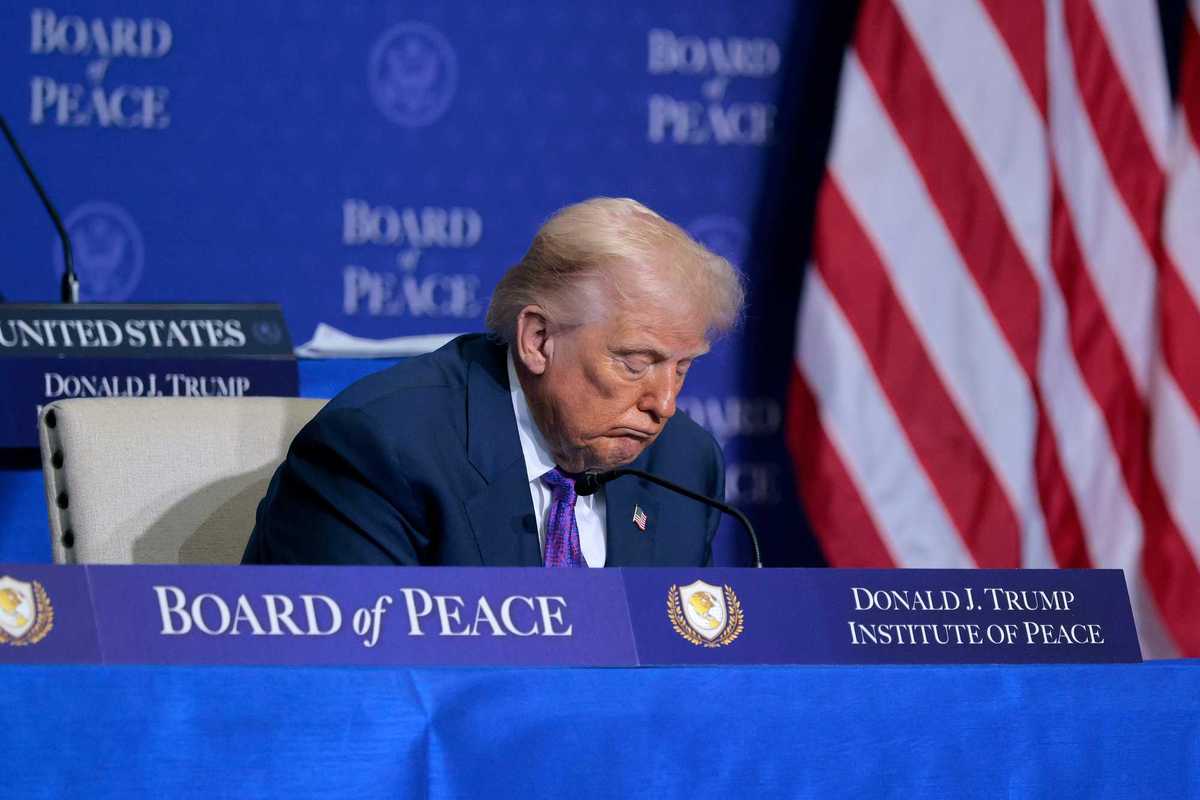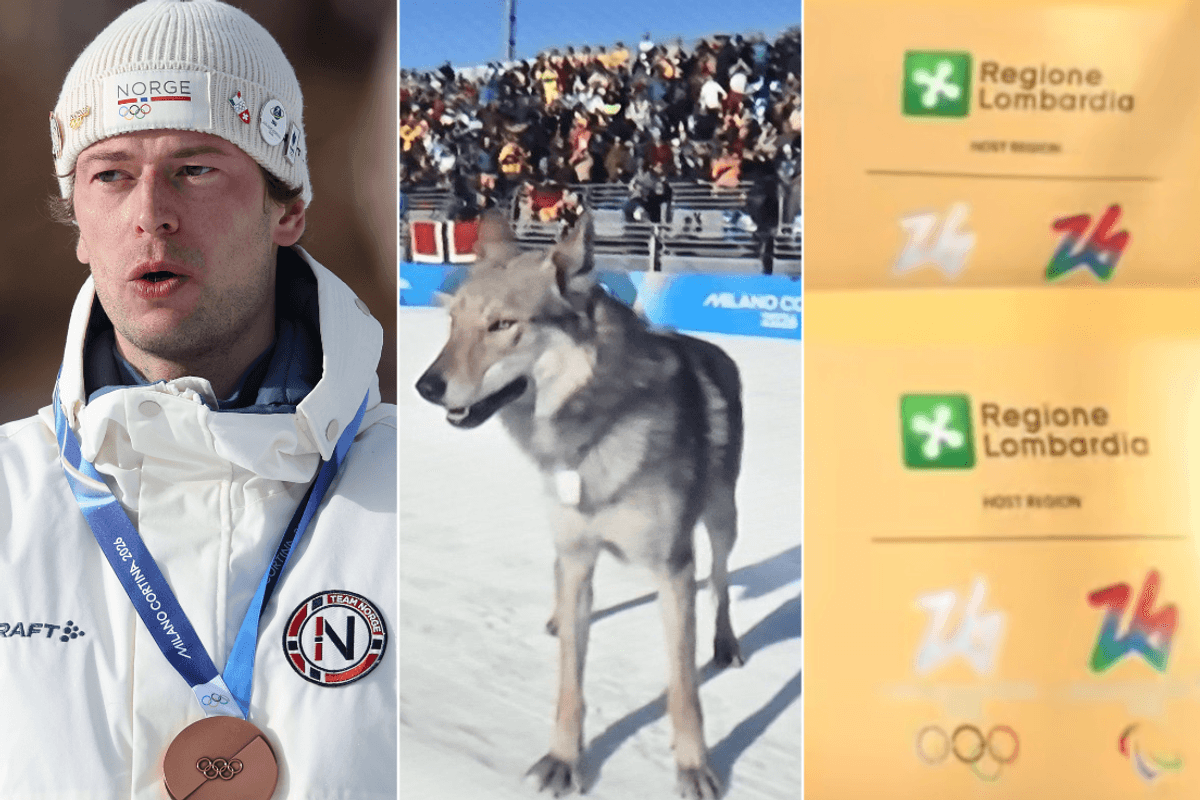Two major companies have garnered criticism for continuing to do business in Russia, despite its ongoing and illegal invasion of Ukraine.
The companies, Unilever and Shell, still operate in the country despite previous statements promising to leave, and have been called out for doing so by campaign group the Moral Rating Agency (MRA).
After the initial invasion, Shell announced “its intent to withdraw from its involvement in all Russian hydrocarbons, including crude oil, petroleum products, gas and liquefied natural gas (LNG) in a phased manner”.
But Shell is shipping Russian gas through a deal with Novatek, Russia’s second-largest liquefied natural gas (LNG) firm, which compels it to buy 900,000 tonnes per year from the Yamal Peninsula in Siberia.
The BBC reported that Shell excused its trading of Russian liquid natural gas by saying, “this is in full compliance with sanctions, applicable laws and regulations of the countries in which we operate,” and that it was the result of "long-term contractual commitments”.
Sign up to our free Indy100 weekly newsletter
Meanwhile, soap, ice-cream and Marmite producer Unilever’s chief executive, Alan Jope, said the company had suspended all imports and exports of its products into and out of Russia, as well as stopping all media and advertising spend in the country when the war started.
“We will not invest any further capital into the country nor will we profit from our presence in Russia,” Jope said. “We will continue to supply our everyday essential food and hygiene products made in Russia to people in the country. We will keep this under close review.
“We continue to condemn the war in Ukraine as a brutal and senseless act by the Russian state.”
Despite this, the MRA estimated that Unilever was still contributing around £580million to the Russian economy each year, with some of the funds being used to fund the war in Ukraine.
It compared this with the cost of weaponry in Russia, accusing the company of funding the effort.
In a statement about Shell, MRA founder Mark Dixon said: “The sanctions compliance argument is a moral red herring. We call it ‘compliance-washing’. Complying with sanctions has nothing to do with complying with ethics. Hundreds of companies have stopped supporting the Russian economy on a voluntary basis when doing so isn’t a criminal offence. In addition to compliance-washing, Shell is also acting hypocritically. When it was exposed in March 2022 for trading in Russian crude oil, it apologised and promised to use the profits to help Ukraine, but today the company continues to trade in Russian liquid natural gas.
He added that the money the company makes from operating in the country was "blood money" and called on Shell to use it to support the Ukraine war-effort.
On Unilever he added: "A Cornetto ice cream seems innocuous until you realise that millions of them being sold each day can quickly pay for the launch of a missile.
"Likewise, a bar of Dove soap starts to look pretty dirty when there are enough of them being produced to purchase a Russian tank.
"Unilever must stop hiding behind its balance sheet and excuses to face the reality that selling an ice cream can allow Putin to pay for a bullet."
Have your say in our news democracy. Click the upvote icon at the top of the page to help raise this article through the indy100 rankings.














